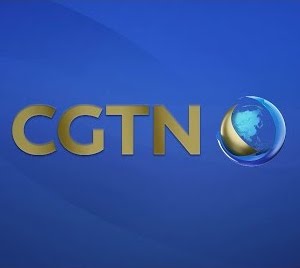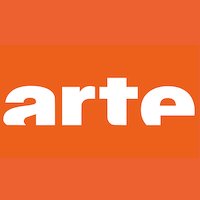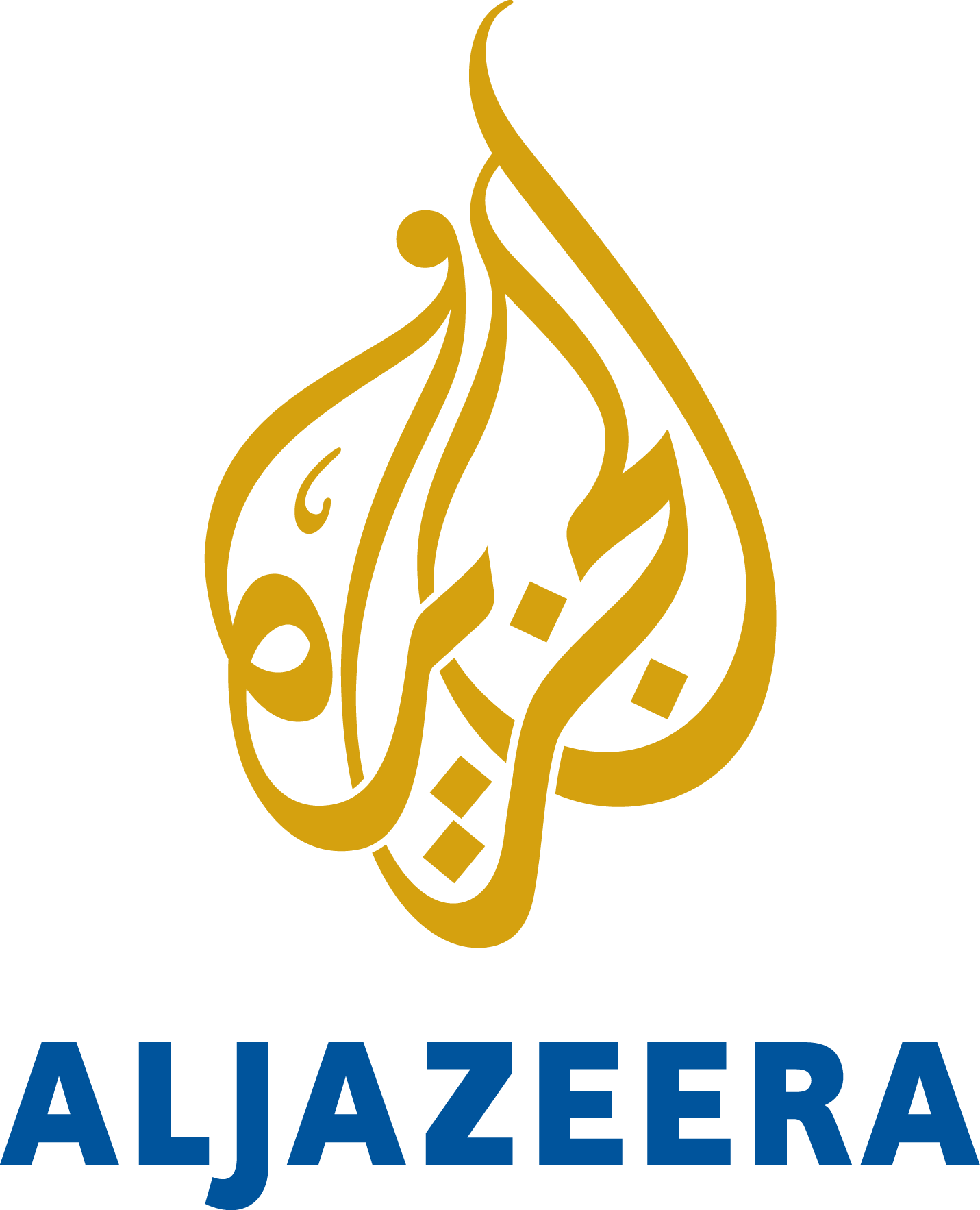The Assembly of (Pistachio) Experts
This Tuesday, Iran's Assembly of Experts (AOE) selected a new leader in the person of former President Akbar Hashemi Rafsanjani, who lost to Mahmoud Ahmadinejad in the 2005 Presidential race but scored a mini-comeback late last year when he fared well in municipal elections.
As is my custom, I check in with the "Savvy Iranian Source" for an in-depth analysis of the political dynamics in Iran. I remind my readers that Iran is far more politically complex than American politicians and the MSM would have us believe.
The SIS's key points:
As is my custom, I check in with the "Savvy Iranian Source" for an in-depth analysis of the political dynamics in Iran. I remind my readers that Iran is far more politically complex than American politicians and the MSM would have us believe.
The SIS's key points:
- There were very few people who would've bet on Rafsanjani taking the chair...there was a sudden increase in criticism and slander against him in the past month from the far-right conservative groups
- Voting on the leadership of the AOE has in the past been mainly done through consensus. This time around, however, there was actually a fully open race for the first time
- The AOE went from being a body that was always above the political fray to become completely enmeshed in the factional politics of Iran
- His victory does not affect President Ahmadinejad directly, but what it does show is a relative defeat for the mindset supportive of the President
- It also allows Rafsanjani to put stronger pressure on Supreme Leader Khamenei to reign in the President...Rafsanjani made it clear prior to the vote that the AOE should promote more pragmatic foreign policy stances
- Overall, long story short, this is a positive development in that it stops yet another centre of power falling to right-wing actors (continued...)
It is a significant development that Rafsanjani managed to take the leadership. Ever since the former chairman, Ayatollah Meshkini, passed away last month, there had been speculations about who would get to head this body.
As you may know, the AOE is the highest elected body in Iran, comprising of 86 senior clerics elected by direct popular vote every eight years. As part of its constitutional duties, it chooses the Supreme Leader and has the authority to oust him in case he is not carrying out his duties in accordance with the constitution or Islamic legal/moral standards. Also, if the Supreme Leader is in any way incapacitated and cannot fulfil hit duties; it falls on the AOE to appoint a new person to the position or to appoint a leadership council for an interim period, until the Supreme Leader can either resume his position or a new person is appointed.
Based on a constitutional interpretation, the AOE of course has a great deal of power and is the body that assures a check on the Supreme Leader. In practice, however, the AOE has essentially been in the shadows since the beginning of Islamic Republic and only really kicking into action with the death of Ayatollah Khomeini in 1989. It has also been a very conservative/cautious body and has never really challenged the Supreme Leader.
Rafsanjani had been a deputy to Ayatollah Meshkini and during his last period of illness before his death, was essentially the person in charge of the AOE. When Meshikini died, speculations began arising regarding who would take over the Chairmanship. Interestingly, although there was a lot of speculation that Rafsanjani would try to take the position, he seemed more eager to let someone else (that he could promote) take the chairmanship.
As such, even in the days leading up to the vote, there were very few people who would've bet on Rafsanjani taking the chair. However, with hindsight, we can see that he was probably manoeuvring behind the scenes quite actively, since there was a sudden increase in criticism and slander against him in the past month from the far-right conservative groups, who were most likely trying to undermine his candidacy and ability to take the seat.
One of the things that was speaking against his candidacy and chance for success was that the seminary in Qom did not really support him, since there were several individuals in the AOE who were believed to be of higher religious learning (remember that Rafsanjani is still only officially a Hojjat-ol-Islam, even though he is often referred to as an Ayatollah. It's like calling someone a Doctor even though they only have a Master's degree). In addition, voting on the leadership of the AOE (which is done internally in the AOE) has in the past been mainly done through consensus, and even though a secret ballot is always conducted, the result of the ballot is essentially secured beforehand through lobbying and consensus building.
This time around however, there was actually a fully open race for the first time. When the far-right conservatives realised that "tradition" was being broken and they wouldn't be able to push the consensus method through and that Rafsanjani was going to force an open contest vote, they pushed forward Ahmad Jannati (who is the head of the Guardian Council). They saw him as the best candidate since he not only had the necessary religious credentials but was also not seen as "crazy" as Ayatollah Mesbah-Yazdi (who in the media is often portrayed as President Ahmadinejad's "mentor") and thus able to garner more than just the radical vote.
As Mohammad Ghoochani, former editor of the now-banned Shargh daily, wrote in the E'temad-e Melli daily: through this step, the AOE went from being a body that was always above the political fray to become completely enmeshed in the factional politics that is also affecting parliamentary, city council and presidential politics in Iran.
In the end, Rafsanjani got 41 votes to Jannati's 34 (the other 11 votes were distributed among other candidates). When being voted in as first deputy of the AOE in December of last year, Rafsanjani had received some 70 votes and some observers correctly see this reduction as a result of the concern among conservative factions that a rising Rafsanjani would be detrimental to their interests. As first deputy, his authorities were far more limited, while now that he was a potential chairman, they had to act to stop him. The fact that Jannati got 34 votes, and the fact that in the vote for the first deputy, Ayatollah Mo'meni who is affiliated with the far-right crowd defeated Rafsanjani's preferred candidate Ayatollah Shahroudi (head of the judiciary) also shows that the factional divide in the AOE is real and has now come to the surface.
According to Ghoochani, had the conservatives managed to defeat Rafsanjani, they would have scored a major gain in their "project to remove Rafsanjani from the political scene". This would have also been the case had Rafsanjani agreed to the consensus process, which would have most likely allowed Jannati to take the chairmanship.
As Chairman, Rafsanjani will still have to bide by the traditional workings of the AOE and cannot revolutionise it. However, he has made clear that he intends to make it more visible and active and to ensure that the voice of the AOE is heard more often in the national debates. As chairman, he will also be in a better position to lobby and to affect consensus decision-making (which is the core of all decision-making in the Islamic Republic) since he will have more institutional influence and will also have more political capital to draw upon.
His victory does not affect President Ahmadinejad directly, but what it does show is a relative defeat for the mindset supportive of the President (Jannati has been of the President’s most ardent supporters) and it also allows Rafsanjani to put stronger pressure on Supreme Leader Khamenei to reign in the president on key national and foreign policy issues. It will also allow Rafsanjani to play a stronger influencing role in the run-up to the parliamentary elections (March 2008) and presidential race of (Summer 2009).
In particular, Rafsanjani made it clear prior to the vote that the AOE should become more active in promoting privatisation policies and also to promote more pragmatic foreign policy stances.
Importantly, he will in this position no longer be to claim that he is impartial in the factional power-struggles and even if he doesn't openly side with anyone, the symbolism of his victory is enough to involve him in the factionalism. As long as he was only the head of the Expediency Council (a position he will keep alongside his new post), he could stay above the fray to an extent and criticise/support each side as it best suited him. This becomes more difficult for him now however.
Overall, long story short, this is a positive development in that it stops yet another centre of power falling to right-wing actors and puts the AOE smack in the middle of the democratic process and factional struggles going on in the country.
As I always say, there is never a dull day in the Islamic Republic :)
















